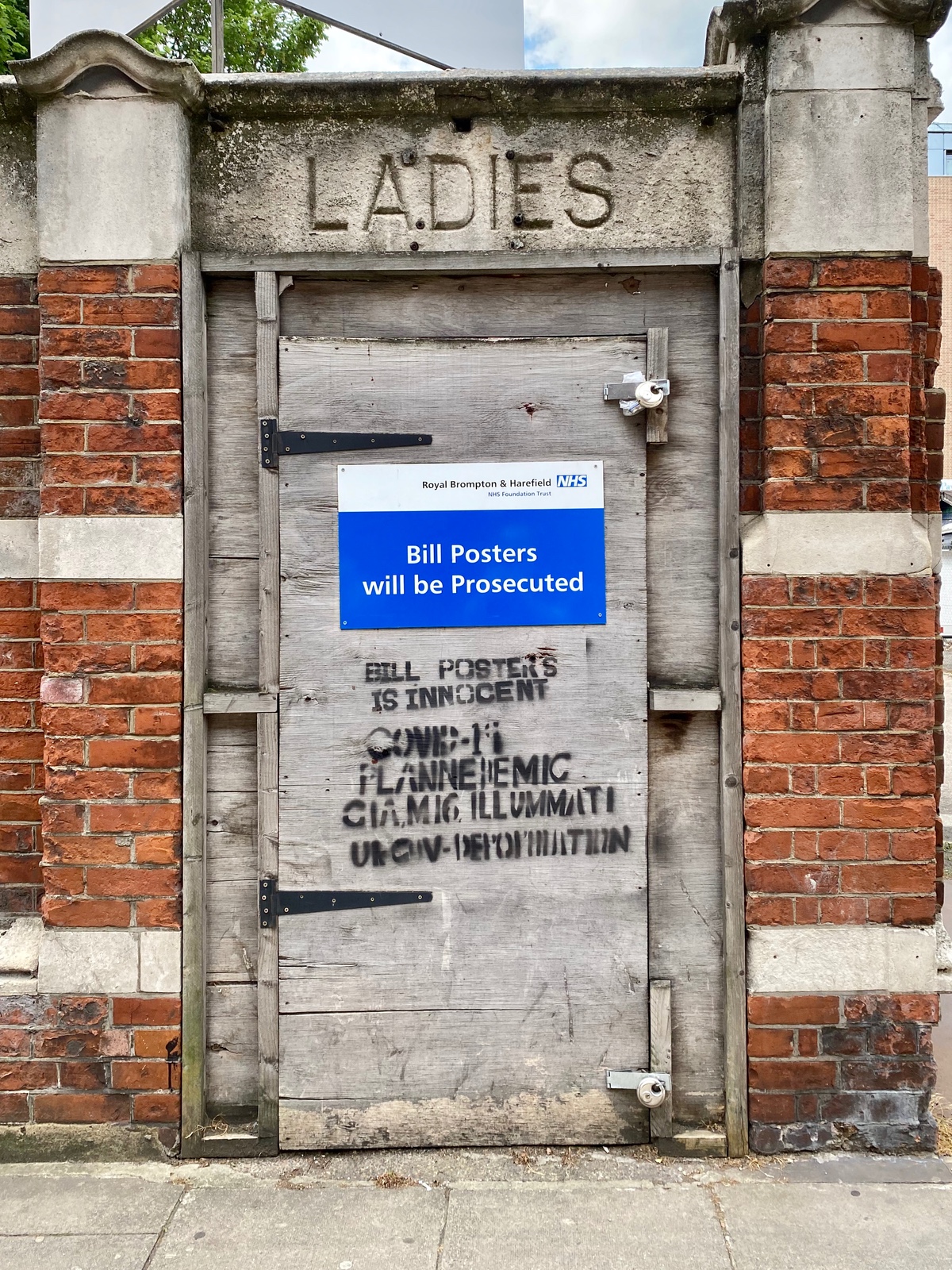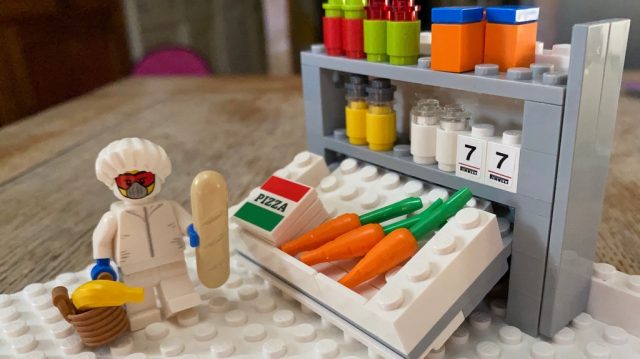Given my obsession with the effect of organisational change on staff while writing my dissertation (admittedly I was mainly obsessed with self-determination theory) I’m amazed I did not come across this paper, Moving off the Map: How Knowledge of Organisations Empowers and Alienates1 instead seeing it highlighted on Twitter (a platform I have largely been eschewing but am occasionally dipping into, and thanks to Ben Taylor for tweeting it) far too late to be useful.
The original poster highlighted the Lovecraftian nature of organisations being uncovered with one quote from a research participant:
The CEO, after being walked through the map, sat down, put his head on the table, and said, “This is even more f**cked up than I imagined.” The CEO revealed that not only was the operation of his organisation out of his control but that his grasp on it was imaginary.
What, however, I found perhaps more concerning from the paper were the references to the belief in the immutability of organisations. Rather than seeing an organisation as a human-made construct it was a permanent and necessary entity that existed of itself:
they had objectified the organisation, talking about and treating organisational divisions, senior management, functional boundaries, job roles, and rules as “things” having a reality and existence of their own … the organisation increasingly becomes discussed, imagined, and treated as a naturalised, necessary structure. The idea that organisations are an ongoing human product was a provocative insight for these employees.
While there might be few things more depressing than the sentiment “it’s always been that way, it will never change” once the staff involved gained the insight that they were working in a human-made organisation that humans could change the effect was transformative:
Observing the organisation as continuously in the making gave employees an overwhelming sense of possibility, sparking ambition.
It resonated with one of the key findings from research, that autonomy was key to ensuring that staff had intrinsic motivation. In short when they had some control they were happier and got better results. While my research was in education, there are plenty of other examples that illustrate similar results, like Buurtzorg in healthcare in the Netherlands, or the generally positive impact of autonomous (pre-Covid) homeworking on productivity.
It’s not hard to draw parallels with the current situation. Would the response be better if we weren’t trying to deliver centralised public health models in the UK? Could locally directed responses be more agile, and increase our knowledge of what works faster, than cumbersome nationally directed response? Would our response to a tiny virus be better with we didn’t let ‘the economy’ — an imaginary construct with no independent existence — determine so much of that response?
Like my failed attempt at cycling I can’t help thinking that there was so much evidence that things could be different and better before some got to directly experience that difference during the pandemic. But we are just ignoring it all in a rush to return to the old ways of doing things and To keep city centre Prets open. I am less of a fan of Friedrich Milton than I once was but do wish the government, presumably bigger fans, would pay heed to one of his more useful quotes: “Only a crisis – actual or perceived – produces real change. When that crisis occurs, the actions that are taken depend on the ideas that are lying around.”
We are trapped by the fallacy that what we built before was perfect and permanent when we should be picking up the ideas that have been lying around for years.
- Huising, R. 2019, “Moving off the Map: How Knowledge of Organizational Operations Empowers and Alienates”, Organization science (Providence, R.I.), vol. 30, no. 5, pp. 1054-1075. ↩


